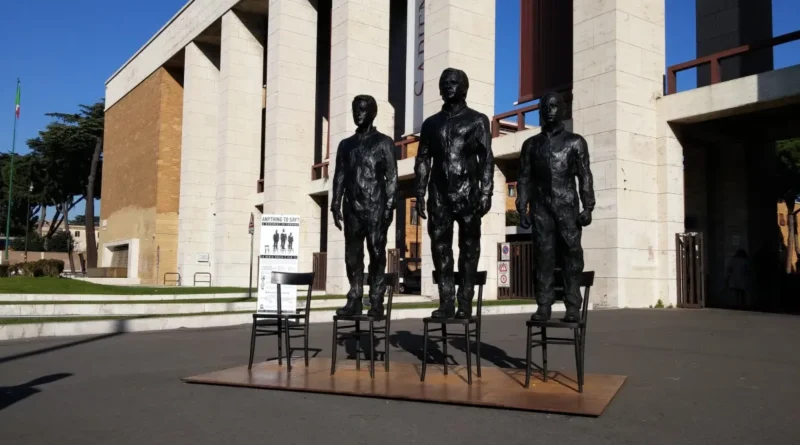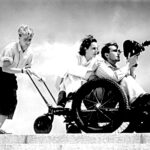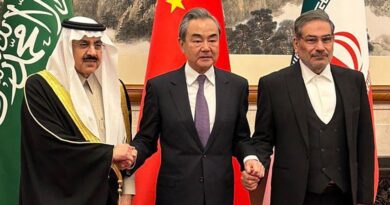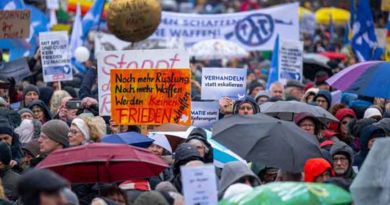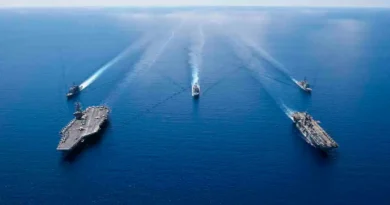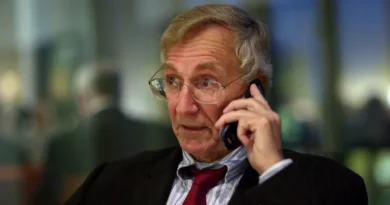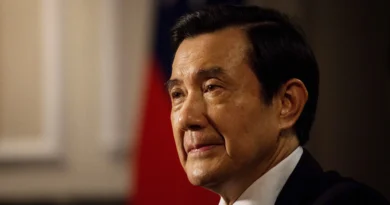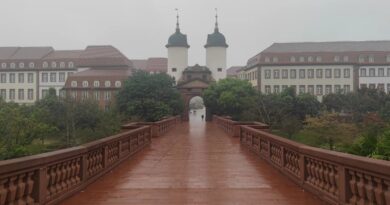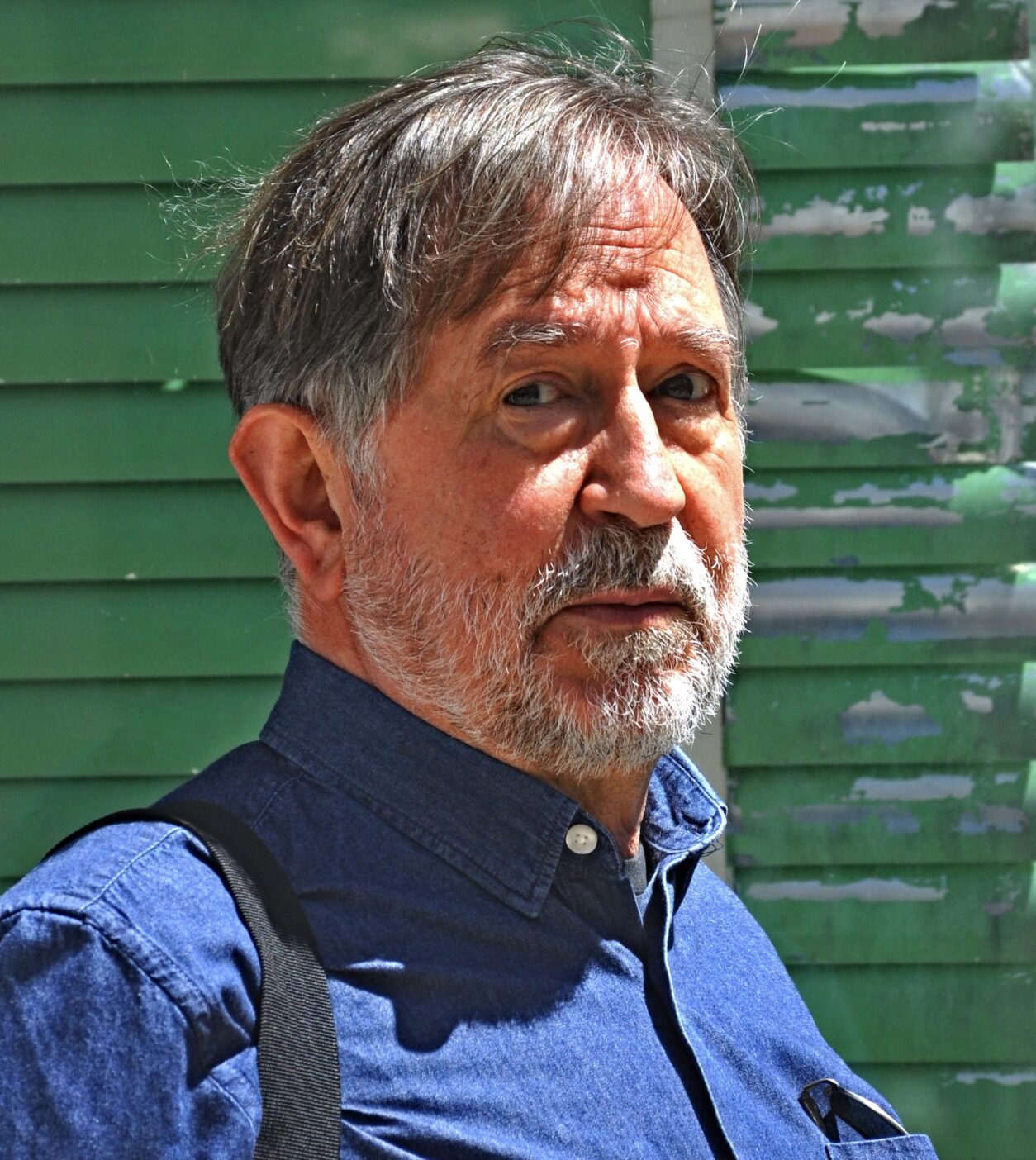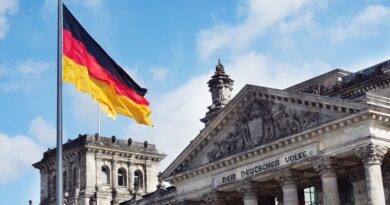The traitors to Julian Assange
JOHN PILGER
I have known Julian Assange since I first interviewed him in London in 2010. I immediately liked his dry, dark sense of humour, often dispensed with an infectious chuckle. He is a proud outsider: sharp and thoughtful. We've become friends, and I've sat in many a courtroom listening to state tribunes try to silence him and his moral revolution in journalism.
My crowning moment was when a Crown Law Courts judge leaned across his bench and snarled at me: "You're just a peripatetic Australian like Assange." My name was on a list of volunteers to post Julian's bail, and the judge saw me as the person who had denounced his role in the famous case of the expelled Chagos Islanders. Unintentionally, he paid me a compliment.
I saw Julian in Belmarsh not long ago. We talked about books and the oppressive idiocy of prison: the cheerful slogans on the walls, the petty punishments; They still won't let you use the gym. He has to exercise alone in a cage-like area where there is a sign warning not to walk on the grass. But there is no grass. We laugh; for a brief moment, some things didn't seem so bad.
Laughter is a shield, of course. When the prison guards started jingling his keys, as they like to do, indicating that our time was up, he fell silent. When I left the room, he kept his fist up and clenched, like he always does. He is the embodiment of courage.
Standing between him and freedom are those who are the antithesis of Julian: where courage is unknown, along with principle and honor. I am not referring to the mafia regime in Washington, whose persecution of a good man is intended as a warning to all of us, but rather to those who still claim to run a fair democracy in Australia.
Anthony Albanese was uttering his favorite cliché, “Enough is enough”, long before he was elected Prime Minister of Australia last year. He gave so many of us precious hope, including Julian's family. As prime minister, he added weasel words about “not sympathizing” with what Julian had done. Apparently, we had to understand the need for cover from him in case Washington called him to order.
We knew that Albanese would need exceptional political, if not moral courage, to stand up in the Australian Parliament - the same Parliament that will go before Joe Biden in May - and say:
'As Prime Minister, it is my government's responsibility to bring home an Australian citizen who is clearly the victim of a great, vengeful injustice: a man who has been persecuted for the kind of journalism that is a true public service, a man who has not not lied to, or deceived – like so many of his counterparts in the media, but has told people the truth about how the world is run.'
'I appeal to the United States,' a courageous and moral Albanian prime minister might say, 'to withdraw their extradition request: to put an end to the malign farce that has sullied the once-admired British law courts and allow the release of Julian Assange unconditionally to his family. That Julian remains in his Belmarsh cell is an act of torture, as the United Nations rapporteur has described it. This is how a dictatorship behaves.”
Unfortunately, my dream of Australia doing the right thing for Julian has reached its limit. The mockery with the hope of Albanese is now approaching a betrayal for which historical memory will not forget him, and many will not forgive him. What is he waiting for then?
Let's remember that Julian received political asylum from the Ecuadorian government in 2013, largely because his own government had abandoned him. That alone should shame those responsible: namely the Labor government of Julia Gillard.
So eager was Gillard to collaborate with the Americans in shutting down WikiLeaks for telling the truth, that she wanted the Australian Federal Police to arrest Assange and seize his passport for what she called his “illegal” publication. The AFP pointed out that she did not have such powers: Assange had not committed any crime.
It is as if Australia's extraordinary surrender of sovereignty can be measured by the way it treats Julian Assange. Gillard's pantomime crawling before both houses of the US Congress is spooky theater on YouTube. Australia, he repeated, was the "great friend" of the United States. Or was it a “little friend”?
His foreign secretary was Bob Carr, another Labor machine politician whom WikiLeaks exposed as an American whistleblower, one of Washington's handy boys in Australia. In his published journals, Carr boasted of knowing Henry Kissinger; in fact, the Great Aggressor invited the Secretary of State to camp in the woods of California, we have learned.
Australian governments have repeatedly affirmed that Julian has received full consular support, which is his right. When his lawyer Gareth Peirce and I met with the Australian Consul General in London, Ken Pascoe, I asked him: “What do you know about the Assange case?
Only what I read in the newspapers”, he replied laughing.
Today, the Albanian Prime Minister is preparing this country for a ridiculous US-led war against China. Billions of dollars are going to be spent on a war machine of submarines, fighters and missiles capable of reaching China. The salivating warmongering of the "experts" of the country's oldest newspaper, the Sydney Morning Herald, and the Melbourne Age is a national embarrassment, or should be. Australia is a country without enemies and China is its biggest trading partner.
This insane subservience to aggression is exposed in an extraordinary document called the US-Australia Posture of Forces Agreement. It states that US troops have “exclusive control over access to [and] use of” weapons and materiel that may be used in Australia in a war of aggression.
This almost certainly includes nuclear weapons. Albanese Foreign Minister Penny Wong “respects” the US on this, but she clearly has no respect for Australians' right to know.
Such stubbornness has always been there - not untypical of a settler nation that has yet to make peace with indigenous origins and the owners of where they live - but now it is dangerous.
china like the yellow hazard It fits like a glove into Australia's history of racism. However, there is another enemy they don't talk about. We are the citizens. It is our right to know. And our right to say no.
Since 2001, some 82 laws have been enacted in Australia to strip tenuous rights of speech and dissent and protect the cold war paranoia of an increasingly secretive state, in which the head of the main intelligence agency, ASIO, gives lessons on the disciplines of 'Australian values'. There are secret courts and secret trials, and secret judicial errors. Australia is said to be an inspiration to the master across the Pacific.
Bernard Collaery, David McBride and Julian Assange - deeply moral men who spoke the truth - are the enemies and victims of this paranoia. They, and not the Edwardian soldiers who marched for the King, are our true national heroes.
About Julian Assange, the prime minister has two faces. One face taunts us in the hope that his intervention with Biden will lead to Julian's freedom. The other side ingratiates himself with 'POTUS' and allows the Americans to do what they want with their vassal: set goals that could prove catastrophic for all of us.
Will Albanese support Australia or Washington in the Julian Assange case? If he is "sincere", as the hard-core supporters of the Labor Party say, what is he waiting for? If he doesn't get Julian released, Australia will no longer be sovereign. We will be little Americans. Official.
This is not about the survival of a free press. There is no free press anymore. There are refuges in samizdat, like this place. The primary issue is justice and our most precious human right: to be free.
This text is an abbreviated version of John Pilger's intervention on March 10 during the installation of the sculpture in Sydney "Something to say? A monument to courage” depicting Julian Assange, Chelsea Manning and Edward Snowden standing on three chairs next to an empty one, by Italian artist Davide Dormino.
John Pilger is an Australian journalist and documentary filmmaker living in the UK. He has twice received Britain's highest honor for journalism. His 61 documentaries have won numerous awards around the world, including a BAFTA and an Emmy. His documentary "Year Zero: The Silent Death of Cambodia" is considered one of the ten most important films of the XNUMXth century.
This article is published in collaboration with scheerpost.

